Interviews
His views on nuclear weapons
I guess we were lucky in that ... or I was lucky in that I was so young. We just took everything in stride. And I think basically the Japanese culture is shikataganai. You know? What happened, happened, it can’t be helped.
However, having said that, as I grew older in the United States and naturally my interest is in studying some of the reasons for the war: what led to the decision of the bomb and so forth? I still have tremendous anger towards the government or the leaders that will allow something like this to happen. Japan, the military leadership there drove the war. The ordinary people like you and I, we knew nothing about the beginning of the war—people like us—why we were in the war, but we just knew that the war started and we were supposed to help. I think the military decision, the government decision was really complicit in this happening. Now the United States is another area. Do I blame the people of the United States for doing this? No. Who do I blame? Who do I believe were the cause of such an event to take place? The leadership of the world are the ones that drove this devastation. And I blame them for the catastrophe.
Now having said that, in my younger days I used to think that there’s no one in the world dumb enough to drop another bomb like this again. But looking at the climate, world climate situation today, things are getting worse. People are becoming more aggressive. Small countries are trying to develop atomic bombs. The U.S. have 1600 atomic weapons. Russia has [a] similar amount. Then all the other countries put together maybe have the same amount as the United States. That's more than enough to destroy the world several times over, okay? And some of these weapon[s], atomic nuclear weapon[s] are several orders of magnitude more powerful than the A Bomb that was dropped in Hiroshima. Some of them could be miniaturized into smaller weapon that could be deployed into a small population or large population without making too much noise about it—for terrorist attack. That may be something ideal for them. All these things are beginning to worry me again. And I think we're less safe than we have been in the past.
Date: September 3, 2019
Location: California, US
Interviewer: Masako Miki
Contributed by: Watase Media Arts Center, Japanese American National Museum
Explore More Videos

The last hurdle – President Reagan
(b. 1931) U.S. Former Secretary of Transportation
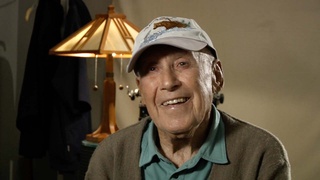
Reception of Hamako by family
(1916 - 2013) Member of the U.S. Military Intelligence Service

Growing Up in Japan
(b. 1930) Half Japanese and grew up in both Japan and the United States.

Memories of Poston
(b. 1930) Half Japanese and grew up in both Japan and the United States.

Arriving at Poston
(b. 1930) Half Japanese and grew up in both Japan and the United States.
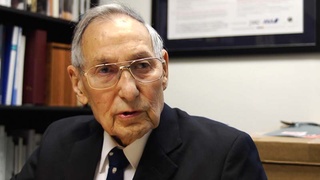

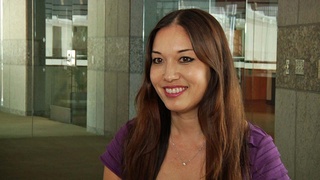
Writing a novel on the 442nd
Jewish Japanese American journalist
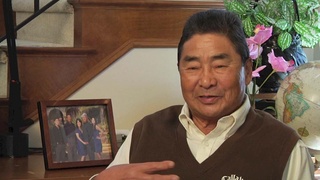

Meeting Hamako in Japan
(1916 - 2013) Member of the U.S. Military Intelligence Service

Meeting Mr. Amano
(1916 - 2013) Member of the U.S. Military Intelligence Service

Marriage and Returning to US
(1916 - 2013) Member of the U.S. Military Intelligence Service

Conflicted about immigrating to America (Japanese)
(b. 1925) War bride
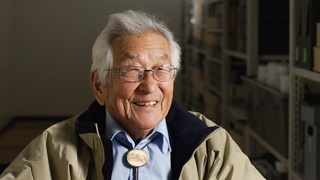
Feeling prejudice while looking for jobs
(1919 - 2015) Nisei who served in World War II with the 442nd Regimental Combat Team

Generosity of the Italians
(1919 - 2015) Nisei who served in World War II with the 442nd Regimental Combat Team
